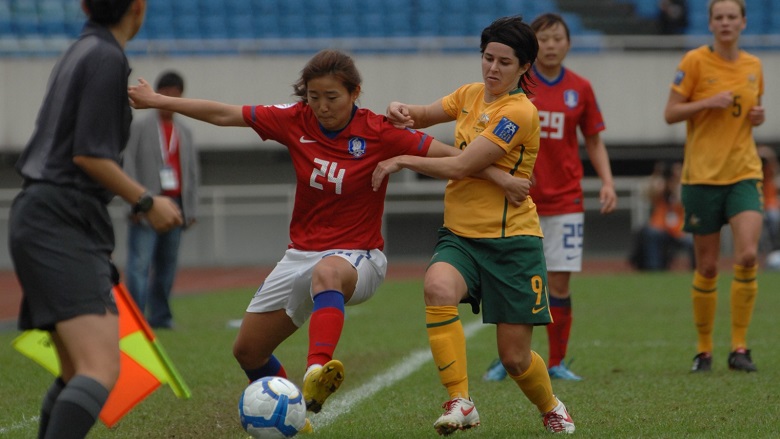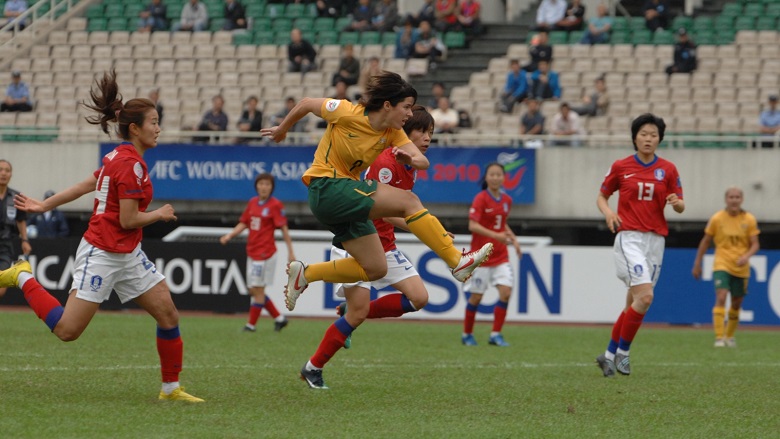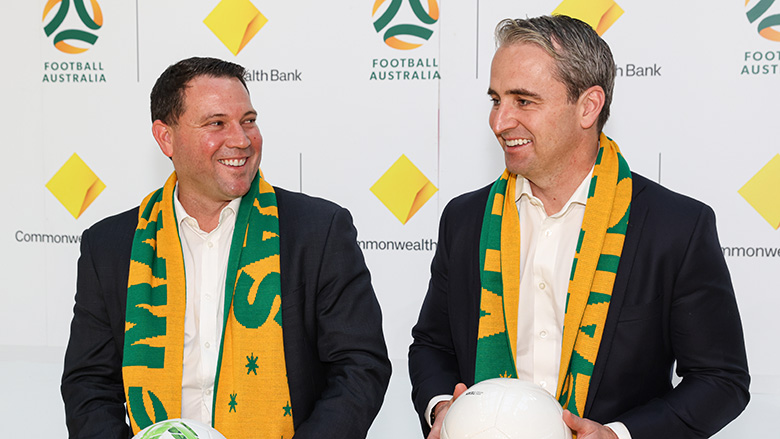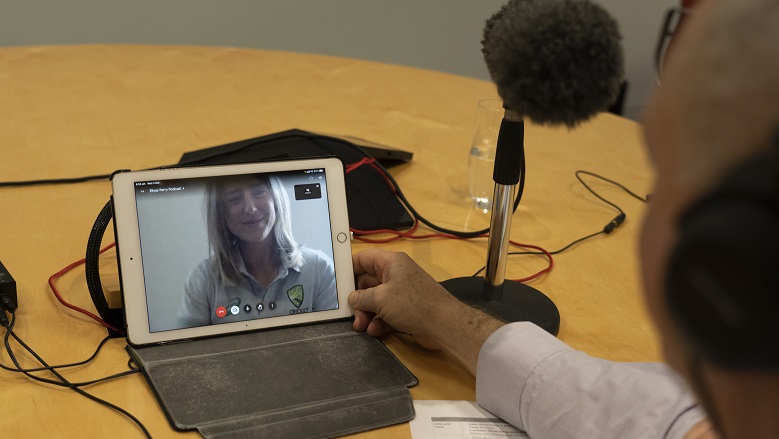It’s a highly ambitious target, including an additional one to lift gender participation of football as a whole to 50:50, matching the popularity of men and boys’ competitions.
But Walsh, who made 70 ‘A’ internationals, and scoring 32 goals between 2004 and 2012, is excited by the prospect and the opportunities that will be afforded, not only by the World Cup itself but also the involvement of the Commonwealth Bank as the new principal sponsor of the Matildas and the emerging, junior and young national squads.
These are opportunities that come along rarely at the same time and Football Australia’s Head of Women’s Football, one of the most senior representatives of the sport at national level, is keen to ensure that the legacy of the prized global competition is maintained in the years to come.
Walsh is focused on ensuing that the gains flow from the top to the base, as she puts it, with the benefits shared between the elite players – who are now fully professional and able to earn a decent living from the game compared to when she first donned a Matildas shirt – and those who play it at the grassroots.
This is where the partnership with CBA is likely to have its greatest impact with the bank now committed to an initial four year investment, which if it ends up mirroring what has been achieved with Commbank’s support for the Australian women’s cricket team over the last two decades, could result in real long-term benefits.
Given the shared values and aims of the two organisations to involve more women and girls in their respective different industries, Walsh is enthused by a tie-up that takes the ability to achieve Football Australia’s goals on participation to the next level.
As well as encouraging the next generations of the Matildas who will follow in the boots of the current crop of star players, such as Sam Kerr, now playing for Chelsea in the Women’s Super League, it is about supporting those who turn out for a just few hours of weekend fun and those who look to progress further through the different levels.
“We have a bold legacy plan that is linked to the Women’s World Cup and we want more women and girls playing at a grassroots level,” Walsh told CBA Newsroom in an exclusive interview as the deal was unveiled.
“But we also want more professional opportunities for our elite players and the partnership, particularly [CBA’s] naming rights partnership for our national women’s teams, is one of the things I’m very excited about because visibility and opportunity at the top will be very important for us increasing and retaining the players we have at the base.”






